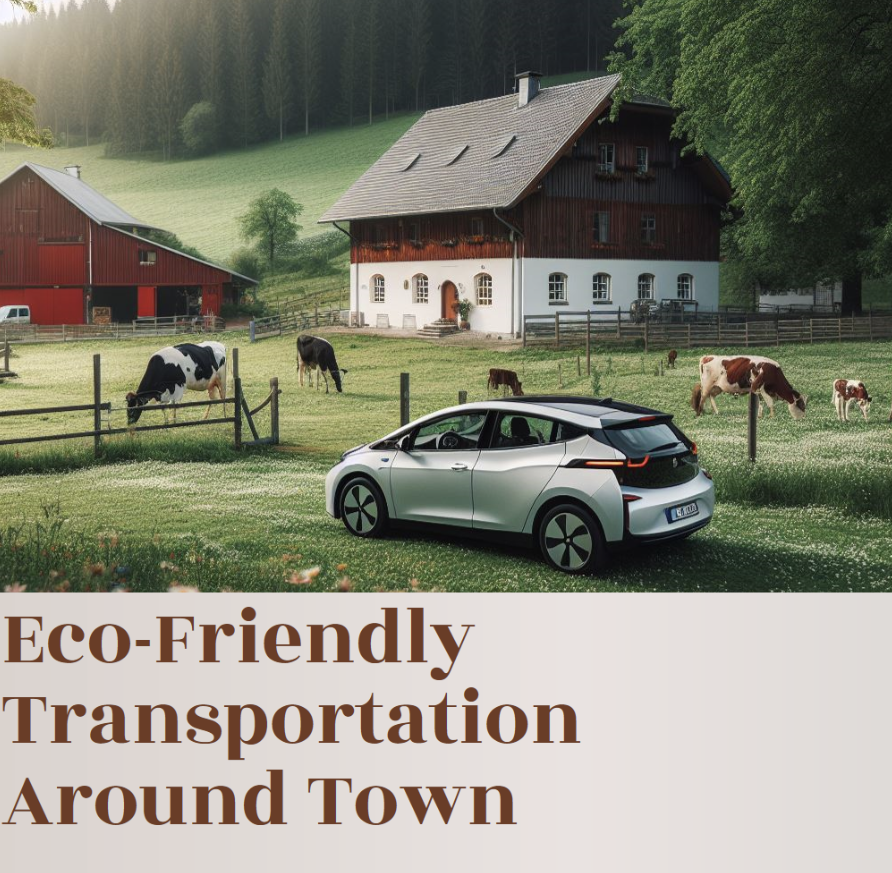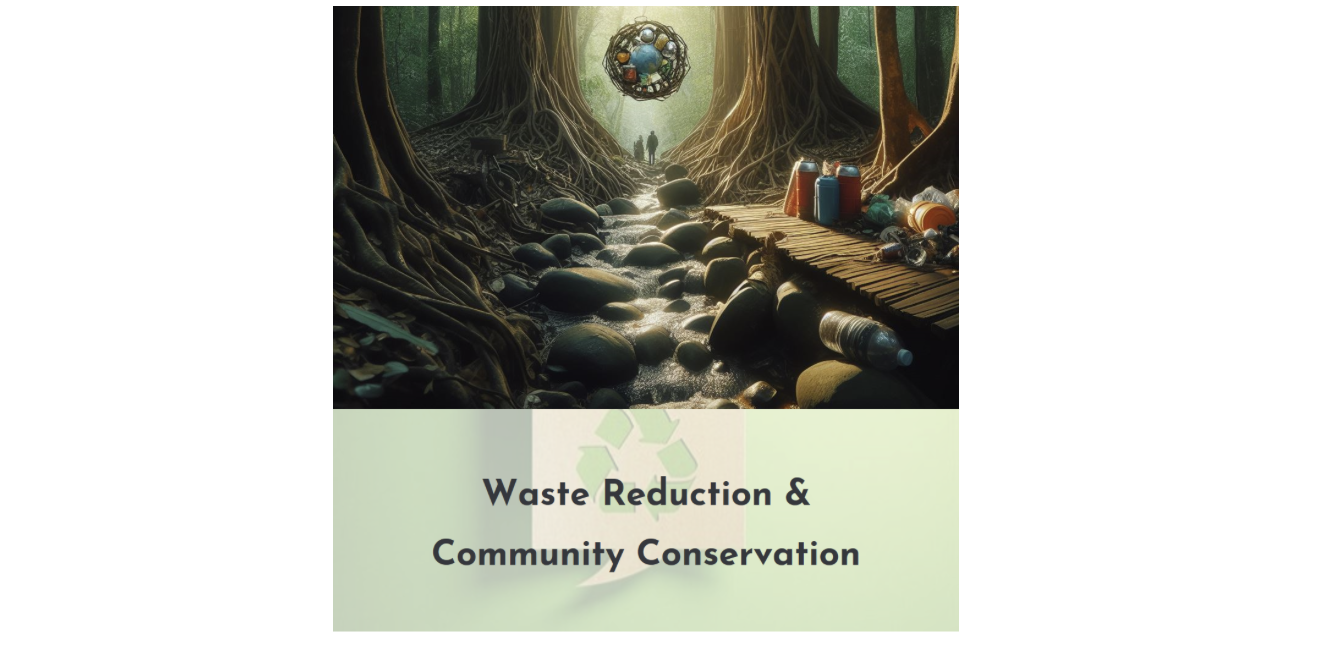Jackson Hole: An Eco-Friendly Sustainable Tourist Guide 2024
Jackson Hole lies in a valley in Wyoming. It is between two tall mountain ranges called Teton and Gros Ventre. This town is very beautiful. It has amazing nature. Jackson Hole actively promotes green or eco-friendly tourism initiatives.
They started doing things to help the environment in the late 2010s. Jackson Hole is now one of the best US places for sustainable travel.
Grand Teton National Park surrounds the town. It is also surrounded by Yellowstone and Bridger-Teton National Forests. Visitors can hike, watch wildlife, camp, and enjoy outdoor adventures. Jackson Hole is committed to environmental protection as well. They recycle, utilize clean energy, and implement earth-friendly building practices. This demonstrates how tourism can contribute to environmental conservation efforts.
Jackson Hole has green hotels, eco-tours, farm-to-table food, and responsible ways to explore. The goal is to inspire visitors to contribute to the preservation of this beautiful land for future generations. By both enjoying and protecting nature, they ensure its preservation for future generations.
Sustainable Accommodation for the Eco-Friendly Traveler
Jackson Hole luxury vacation rentals offer an array of green lodging options. They cater to environmentally-conscious travelers, from cozy B&Bs to full-amenity eco-resorts.
Green Hotels and Lodges
Hotels such as Snake River Lodge & Spa have initiated projects to reduce energy and water consumption. Since 2023, they have saved over 25% on energy. They did this by switching to LED lightbulbs and upgrading heat and AC systems. Working with the company Green Key Global, they have also reduced waste, helping keep over 5 tons of trash out of landfills every year.
In downtown Jackson Hole, Hotel Terra was built in 2008 as one of the first green hotels in Wyoming. The hotel was designed with environmental friendliness in mind. Some of its green features include walls made of recycled wood. It also has efficient water heaters, non-toxic cleaning products, and sensors to automatically adjust the heat and AC.
Through information in rooms and staff training, Hotel Terra teaches guests about sustainability. Its restaurant, TRAPT, also serves eco-friendly food under chef Matt Faubion. The hotel partners with environmental groups as another way to reduce its environmental impact.
Eco-Conscious Camping
Visitors who want to be immersed in nature can camp in dozens of eco-friendly places in Jackson Hole. Options include Bridger-Teton National Forest, Jedediah Smith Wilderness, and Grand Teton National Park. Many of these campsites compost food scraps and recycle them, thereby reducing landfill waste by over 80%.
The Chapel of the Sacred Rivers campground offers tent spaces on raised platforms, designed to protect the soil. Campers can learn about wildlife safety, stargazing, and responsible outdoor ethics at night.
They can learn about keeping nature preserved through workshops. Money raised here helps groups that protect the forests. At Colter Bay in Grand Teton, campers can see how the site makes vehicle biodiesel fuel out of old cooking oil from its 300-acre campus. This provides visitors with a tangible demonstration of sustainability in practice.
Eco-Friendly Transportation Around Town
When navigating Jackson Hole’s attractions, visitors can utilize various sustainable transportation options to minimize environmental impact.
Public Transit Systems
The Southern Teton Area Rapid Transit (START) bus system runs mostly on electricity. The buses are powered by Jackson Hole Airport's giant 5-acre solar panel farm. This solar array makes over 2 million kWh of energy per year. Riding START's zero-emission buses, people can easily reach places like the airport, Teton Village Resort, Grand Teton National Park, and Yellowstone.
START plans to add more electric buses and routes by 2025. Doing this aims to cut regional transportation emissions by 25%. So the cleaner buses will reach more areas, reducing the environmental impact of getting around Jackson Hole.
Electric Vehicle Rentals
People who want to explore on their own can rent electric vehicles (EVs). Companies like Jackson Hole EcoTour Adventures have seen 30% more rentals over the last year. Summit EV Rentals rents Tesla Model 3s. They come with guides about regional chargers, environmental facts, and animal-watching tips.
The town of Jackson Hole has over 50 EV charging stations. Many people stay at green hotels and businesses.
For example, Hotel Terra, Signal Mountain Lodge, and the Chamber of Commerce Information Center. Drivers can easily recharge between trips. Teton County keeps adding more EV infrastructure. Therefore, renting an eco-friendly vehicle enhances the sustainability of experiencing Jackson Hole's natural beauty.
Farm-to-Fork Dining Around the Valley
Jackson Hole restaurants serve food sourced from local farms and producers. Due to the short growing season, chefs collaborate closely with local partners. For example, they work with Vertical Harvest and Harmony Farms. They plan what crops to plant and harvest for seasonal menus.
The annual Jackson Hole Fall Arts Festival has a “Farm-to-Fork” event. It celebrates these relationships. Visitors can meet growers. They can try creative dishes like bison with huckleberry glaze and beet slaw. The dishes are from Granary chef Matt Faubion.
It is estimated that over 60% of the ingredients on most menus in Jackson are sourced from within a 100-mile radius. This short distance cuts carbon emissions from long food transport. Establishments such as Picnic and Persephone Bakery Café have rooftop gardens. They cultivate exceptionally fresh herbs and vegetables. Therefore, patronizing local establishments supports Jackson Hole's eco-friendly dining initiatives.
Exploring the Outdoors Conscientiously
Jackson Hole's epic nature offers adventure. Travelers should follow guidelines to lower their impact. Bridger-Teton National Forest has over 1,500 miles of wilderness trails. The trails are perfect for low-impact hiking, biking, and horseback riding. Guided wildlife tours in Grand Teton National Park must stay 150 yards back when viewing sensitive animals. This includes bears and wolves.
In town, Jackson Hole EcoTour Adventures trains guides to share responsible outdoor tips. They do this during float trips and wildlife tours. Visitors can also join county volunteer projects. The projects focus on fixing trails.
They also focus on picking up litter. Additionally, they focus on protecting local plants and animals. So while enjoying Jackson Hole’s playground, we must be mindful to preserve it.
WasteReduction & Community Conservation
Jackson Hole keeps finding new ways to be "greener." Teamwork between the local government, businesses, and nonprofits makes it happen.
By 2025, the town plans to ban many single-use plastics. This will dramatically cut disposable takeout container waste. Until then, restaurants are taking steps like using reusable containers for dining-in customers. They are also supporting nonprofits like Turning Green. The nonprofit provides eco-friendly takeout options.
Teton County has also installed a Geothermal Heating District downtown and in neighborhoods. Over 50 wells and 11 miles of special pipelines provide renewable energy. They are for heating and cooling. It is estimated to save around 100,000 metric tons of carbon emissions yearly.
So by working together, Jackson Hole continues making progress towards sustainability. The goal remains to preserve this natural paradise for all to enjoy.
Start Planning Your Sustainable Escape
Jackson Hole keeps finding new green solutions for tourism. They focus on renewable energy, food, transportation, recreation, and community teamwork. This makes it a top spot for visitors who want to help the environment.
People can stay at nice eco-hotels. They can eat at sustainable restaurants. They can also enjoy incredible adventures while keeping their trip carbon-neutral. Jackson Hole proves you don't have to sacrifice luxury and fun to travel responsibly.
What part of Jackson Hole's green efforts interests you most? Share your thoughts below to continue the conversation on eco-tourism!
Frequently Asked Questions
1. How does Jackson Hole ensure the authenticity of its eco-friendly claims?
Many hotels and tour providers in Jackson Hole pursue third-party sustainability certifications. These include LEED, Green Key Global, and Green Star. Additionally, the town practices radical transparency around conservation initiatives. They publish annual reports on renewable energy production, recycling figures, and partnership activities.
2. Are there guidelines for tourists on maintaining sustainability?
Jackson Hole upholds Leave No Trace outdoor ethics. This means staying on marked trails. Pack out all waste. Observe wildlife from afar. Jackson Hole also emphasizes educating oneself on local flora and fauna. They encourage the use of reputable guides. When dining and shopping in town, tourists should use reusable bags and containers. Additionally, tourists can familiarize themselves with food sourcing and waste reduction policies.
3. What sets Jackson Hole apart regarding sustainability?
Unlike destinations viewing “greening” as a marketing tactic, Jackson Hole ingrains environmental stewardship intrinsically through unique public-private initiatives like the Geothermal Heating District, START Bus fleet, and Single-Use Plastics Ban ordinance (2025). The collaborative approach between local government, businesses, nonprofits, and visitors enhances the authenticity and efficacy of conservation programs.















